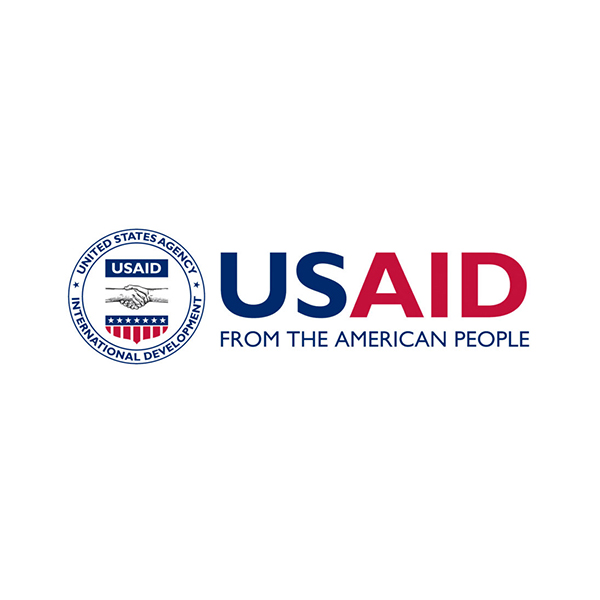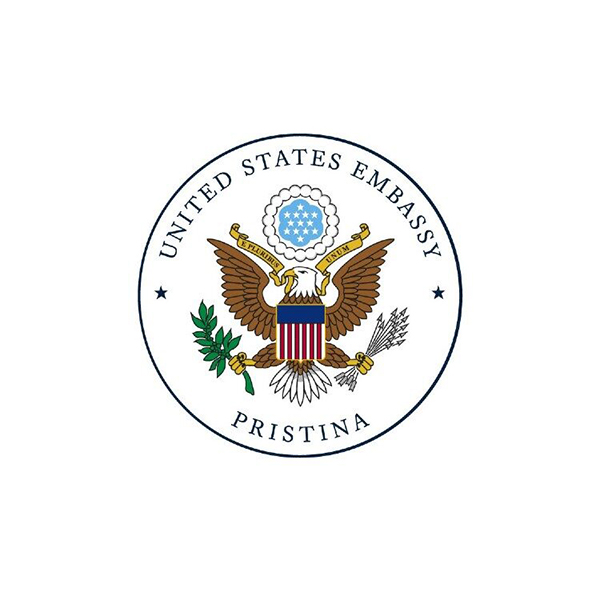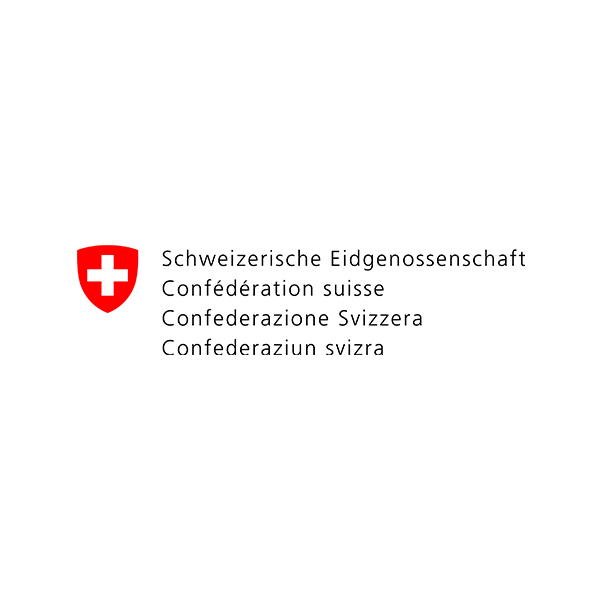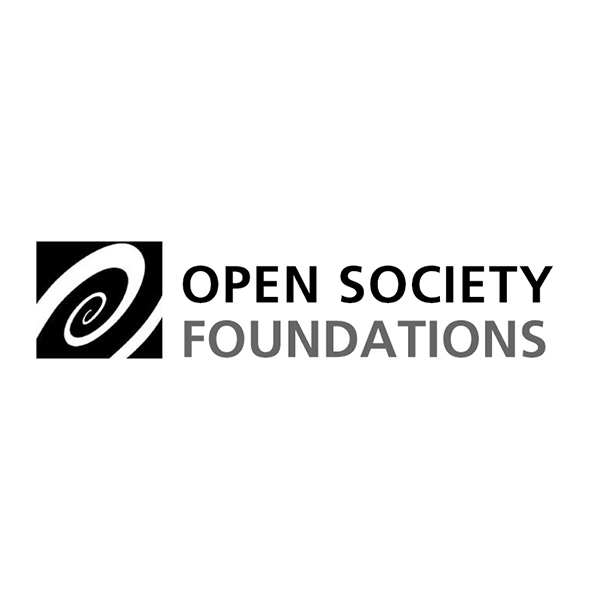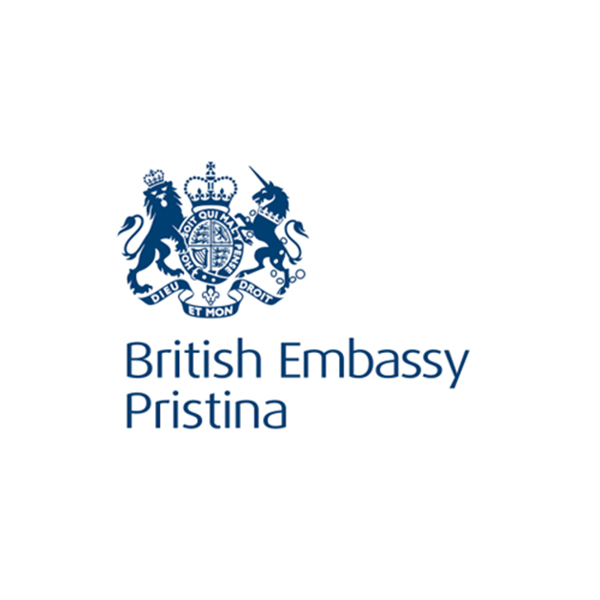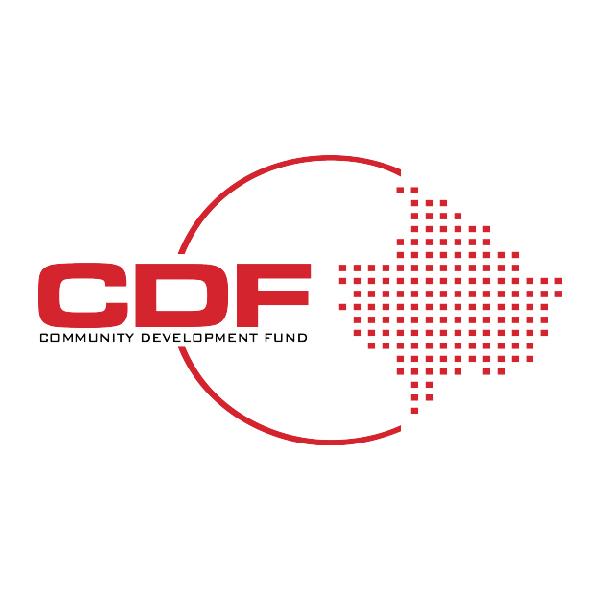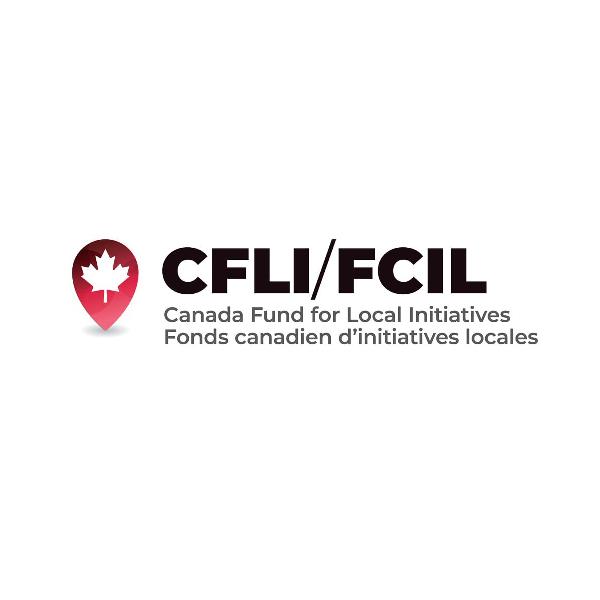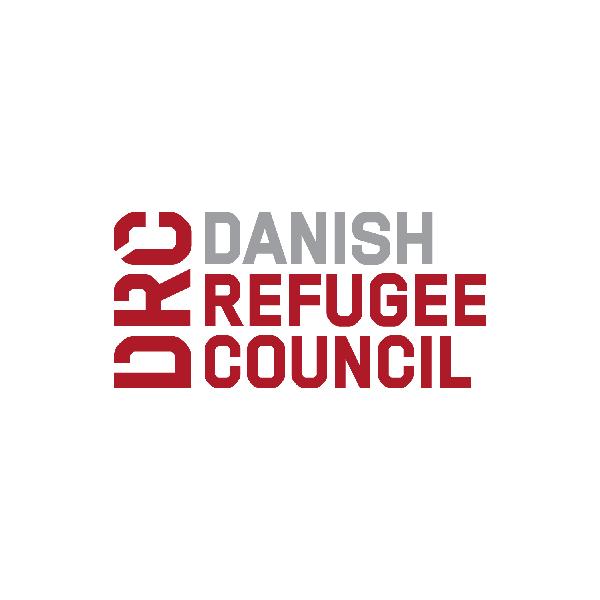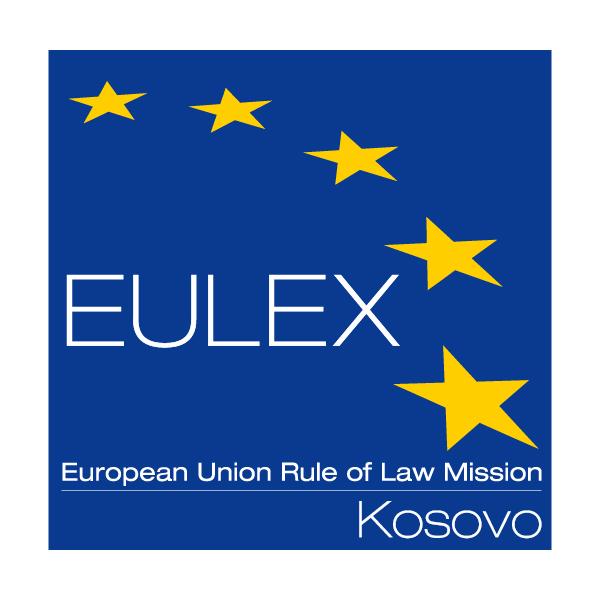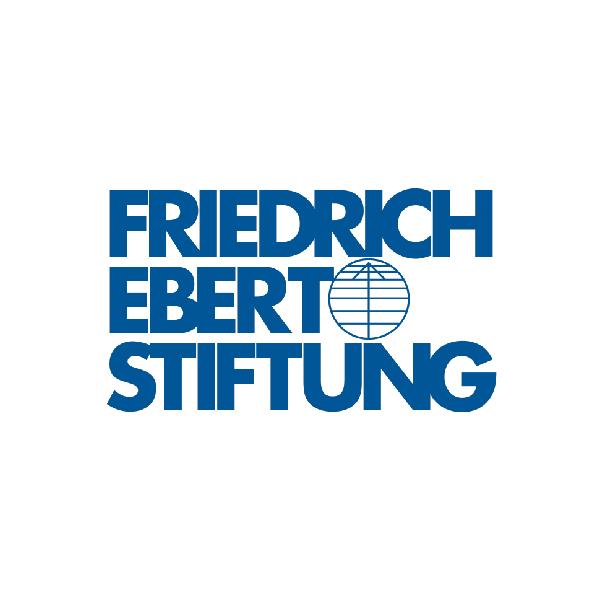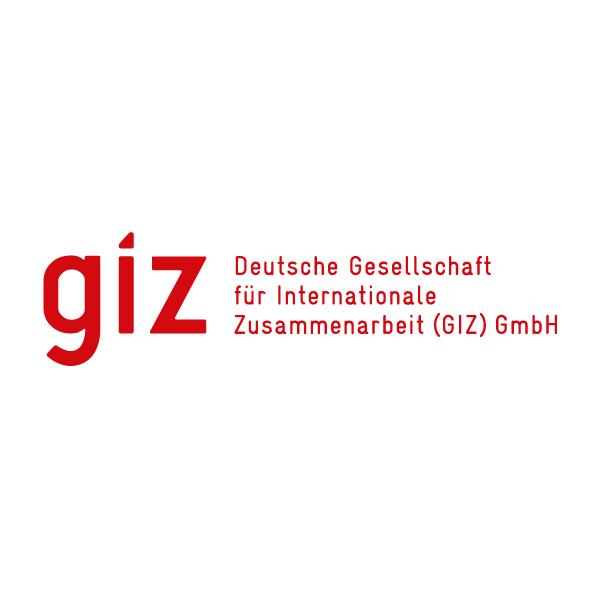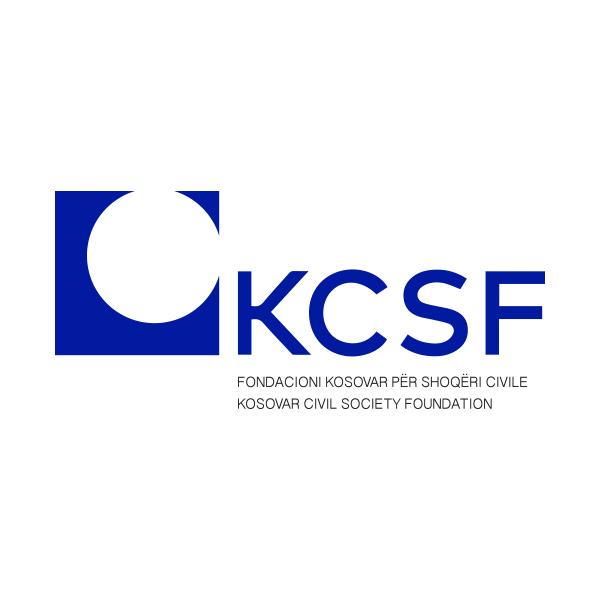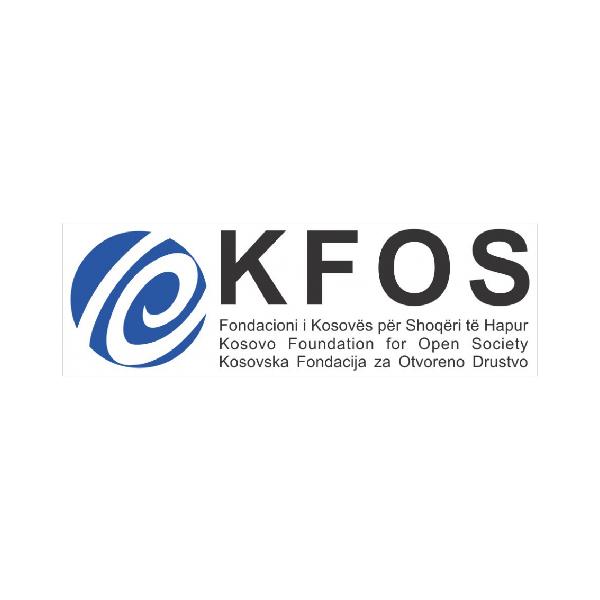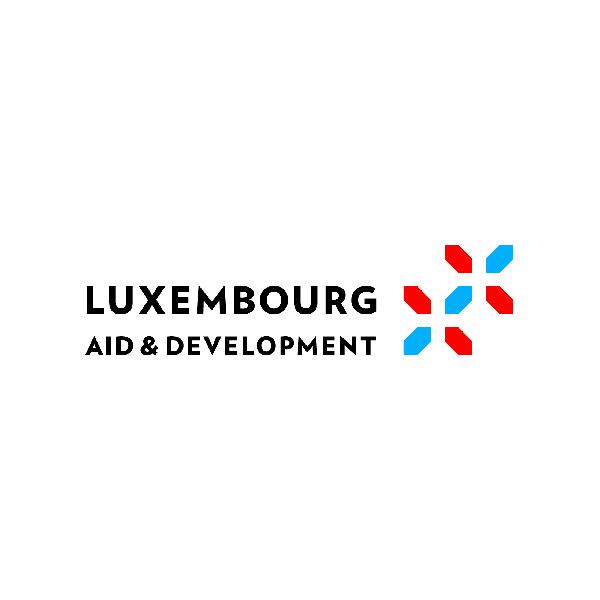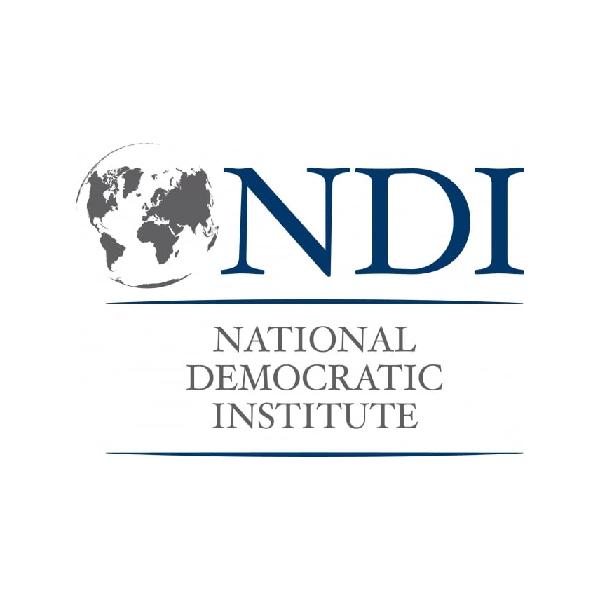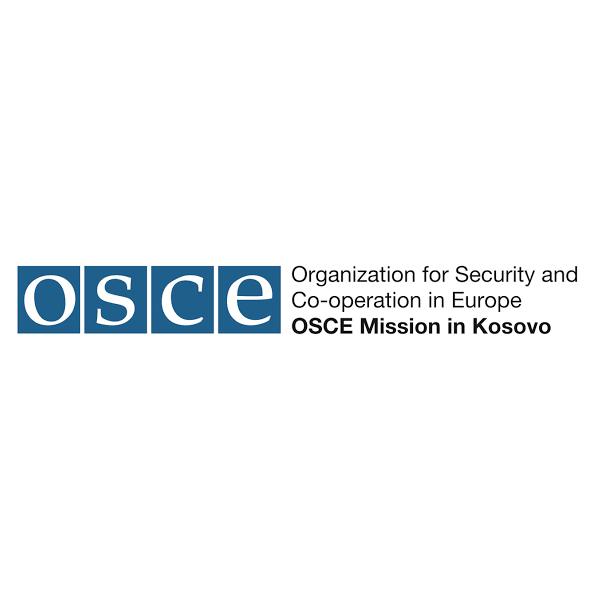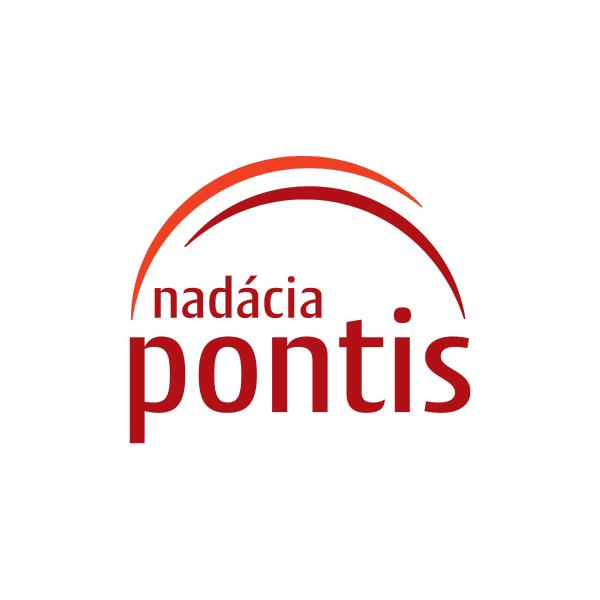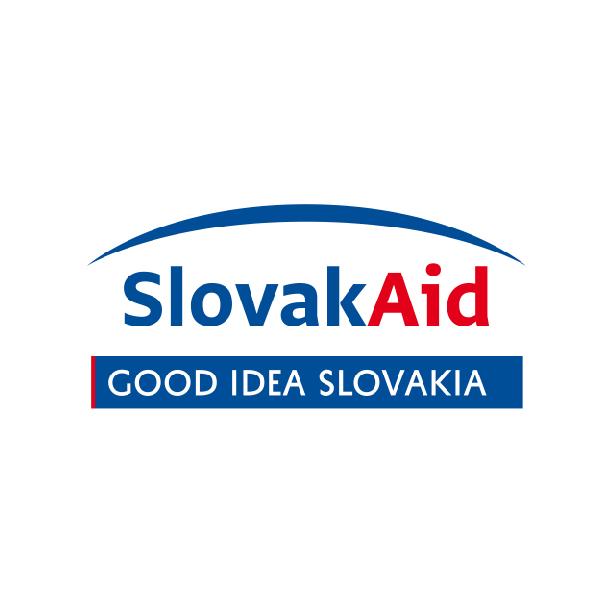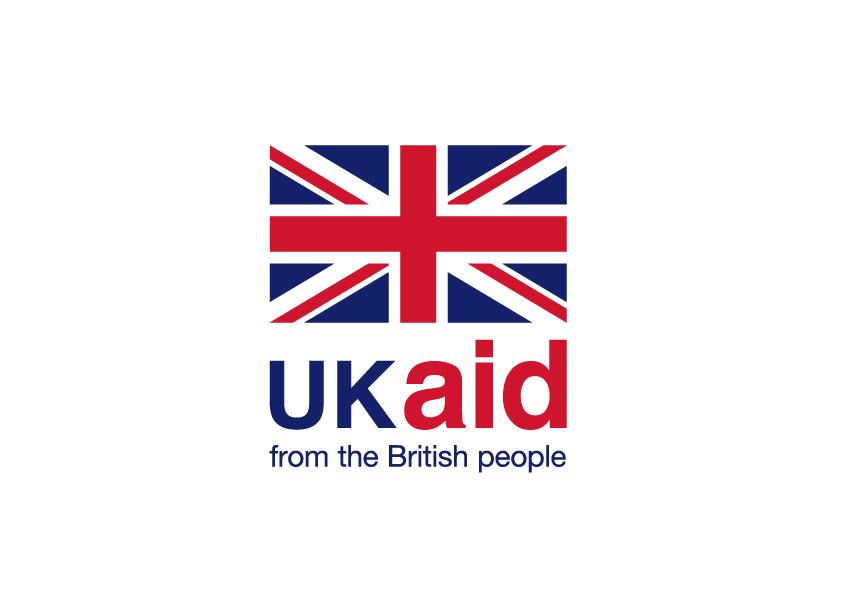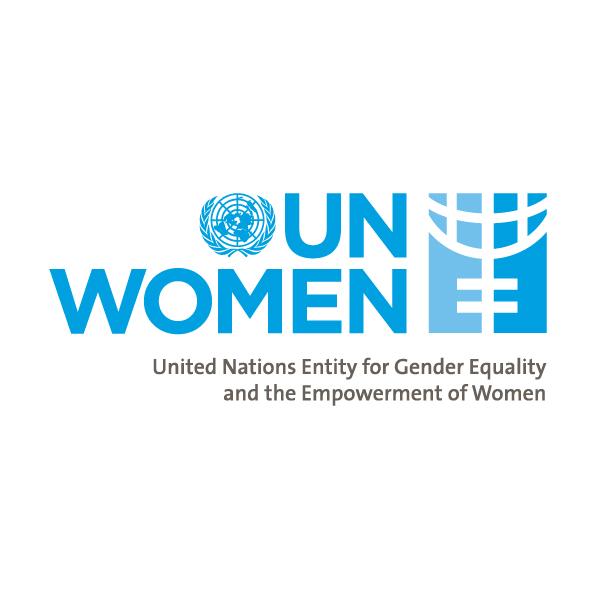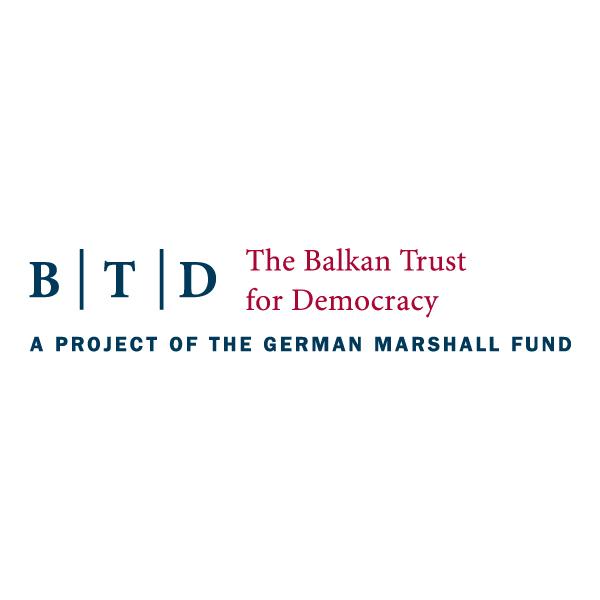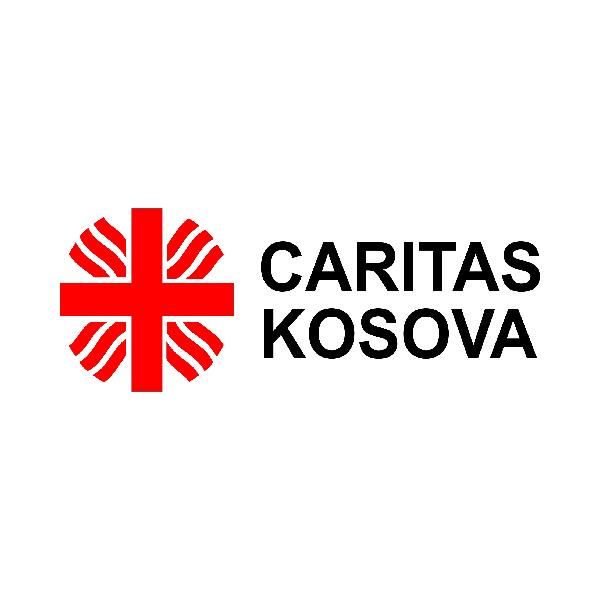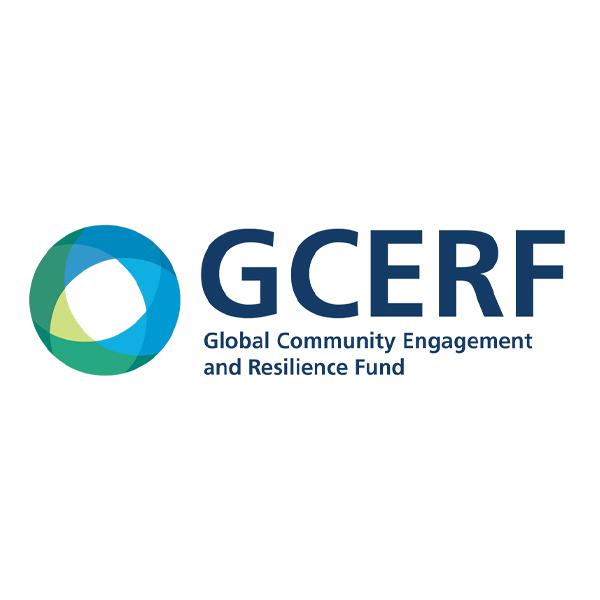In general, in all democratic countries, civil society plays different roles and is a source of information for citizens and government. They usually oversee the policies and actions taken by the government, but also hold them accountable for their actions.
Over the years in Kosovo, various civil society organizations have focused on various areas such as governance, elections, dialogue and other similar areas, working to promote better examples but also to advocate for improvements. One of the areas that has been focused has also been the reconciliation process in Kosovo, between the various communities, in particular between the Albanian and Serb communities.
Since the end of the war in Kosovo and the deployment of international missions, tensions have decreased significantly, but there is no doubt that during these years there have been different periods where there has been an increase in inter-ethnic tensions, and as such there are still signs of divisions. There are two main divisions in Kosovo society, such as ethnic and linguistic divisions that are problematic in the reconciliation process because society in general has not interacted enough with each other.
The process of reconciliation must take place no matter how and where, it must begin, reconciliation is necessary for the good of society in general.
There are various examples of how civil society has tried to influence the improvement of the reconciliation process. The approach that many civil society organizations have worked on in Kosovo has been targeting different social groups.
Organizations of different profiles have constantly tried and continue to do it with activities that in one way or another affect society, one of them is cooperation through youth activities which has occurred over the years. Since youth is the future, it is the same social group that must remove the daily burdens and barriers that push social division on ethnic grounds.
Various projects also on learning Serbian and Albanian from both ethnicities is very important. To remove barriers and prejudices, language is also one of the aspects which can influence improvement. Since not knowing the language stagnates verbal communication, then it is very vital to open the possibility of communication. A platform has been created in Kosovo where young men and women, and not only, can through various stages learn the low level of Serbian and Albanian language, and thus get closer and agree with each other. Lack of communication undoubtedly reinforces stereotypes.
Various cultural, artistic and sports activities can be the impetus to remove prejudices. Also other marginalized groups and cooperation between them can create approximations. During different periods in Kosovo we have worked with women from different communities, such as organizing academies, workshops, joint activities. This has happened especially since 2008, with the declaration of independence of Kosovo, where the focus has changed from state-building, to the protection of minority rights, with the inclusion of all communities, but in particular the focus returned to the Serb community. Is it done enough? – Undoubtedly, there is room for further improvement, as there are still divisions between communities.
The common future is the projection that we must consider as a society, to have prosperity in the future, and this projection must be understood in living and creating a common society, without divisions and prejudices. We are neither the first nor the last societies to go through this process, many countries whether in Europe or the World have gone through or are still going through the same process. How to overcome them, no doubt taking examples of success whether in Europe or the World.
Are there any challenges during this process? – Undoubtedly yes. It is indisputable that different groups in our society are more affected and as such have larger divisions, but is work needed in this regard, definitely yes. We as civil society must hold the government and all other relevant institutions responsible for working in this direction, advocating and creating facilities for this process to progress. Our job is to touch on all areas, even those with the biggest challenges, and to contribute in the best way. Liaison for compliance with all actors is essential.
Allen Meta is born in Pristina, finalizing Master of Science in Diplomacy in South East European University in Skopje. Six years of professional experience in project management and project coordination, focusing on elections, inter-ethnic cooperation, dialogue and regional cooperation. Coordinated and managed regional and local projects. Certified by the World Debate Institute on debate and public speaking. Fluent in Albanian, English and good knowledge of Serbian.
This publication was produced with the financial support of the European Union. Its contents are the sole responsibility of NGO AKTIV and Kosovo Coalition for Reconciliation and do not necessarily reflect the views of the European Union.


